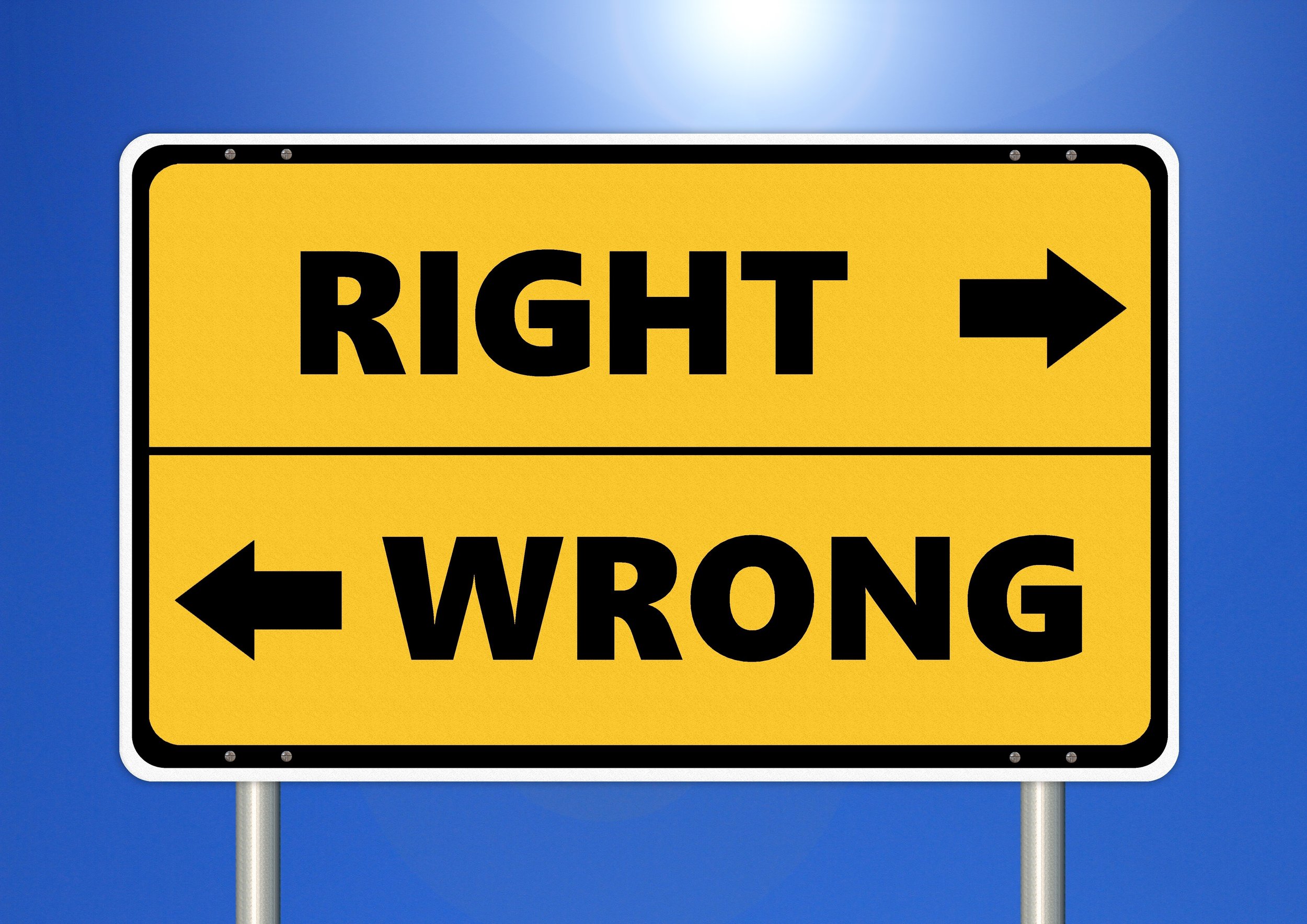In today's world, politics has become increasingly polarized. There is a disturbing trend in Canada where politicians from all parties are increasingly inciting their supporters to hate the other party's supporters. As a result, politicians divert attention from their inadequacies and lack of accountability by turning Canadians against one another. We will investigate this divisive strategy and its consequences and suggest ways Canadians may push back against this harmful narrative.
The Strategy:
It is not a new strategy to pit citizens against one another, but it has gained momentum in recent years. All political parties use this tactic to create strong loyalty and commitment among their supporters. By portraying the opposition as an enemy, they foster a sense of camaraderie among their supporters. Unfortunately, passion for one's party can blind voters to the flaws of their politicians, making it difficult for them to be held accountable.
The Consequences:
This political divide has far-reaching and detrimental consequences for Canadian society. As citizens become more firmly ensconced in their political beliefs, the chasm between parties widens, resulting in a decline in political discourse and increased animosity. As a result, there is a climate of hate and mistrust in this environment, making it difficult to engage in constructive discussions concerning the country's critical issues.
Furthermore, this hateful rhetoric distracts Canadians from the actual work (or lack thereof) being done by politicians. Amid citizen disagreements, politicians can pass controversial policies without public scrutiny. Without accountability, cronyism, corruption, and ineffective governance flourish.
Pushing Back:
Canadians must strive for unity and a common understanding to challenge this destructive narrative. Here are some suggestions on how to accomplish this:
Open and respectful dialogue: Seek out individuals with differing viewpoints and engage in respectful dialogue with them. The importance of listening actively, having an open mind, and considering the merits of different perspectives cannot be overstated.
Focus on issues, not parties: Rather than blindly supporting a particular party, critically evaluate the policies and actions of politicians. Politicians should be held accountable for their actions, regardless of their party affiliation.
Reject hateful rhetoric: Do not participate in or condone hateful rhetoric against supporters of other parties. Call out politicians who incite division and animosity and encourage others to do the same.
Promote unity and understanding: Emphasize common goals and values to bridge the political divide. Politicians should focus on issues that unite Canadians rather than those that divide them.
Conclusion:
Canadians must recognize the harm caused by this divisive political strategy and take steps to counteract it. We can build a stronger, more cohesive nation by encouraging unity, promoting understanding, and holding politicians accountable for their actions. Each of us must participate in the solution and work together to improve our society.
This article represents my personal opinion and perspective on the current state of Canadian politics. It is not intended to defame, malign, or cause harm to any individual or political party.
Keywords: #PolarizedPolitics #CanadianPolitics #DivisiveStrategies #PoliticalAccountability #Unity #RespectfulDialogue #RejectHate #PromoteUnderstanding #HoldPoliticiansAccountable #BridgeDivides #CommonGoals #CriticalThinking #OpenMinds #ConstructiveDiscussions #PoliticalDiscourse #ChallengingNarratives #BipartisanEfforts #PoliticalDivide #Cronyism #Corruption #IneffectiveGovernance #ActiveListening #CommonValues #UniteCanadians #PoliticalAnimosity #PushBack #ResponsibleCitizenship






